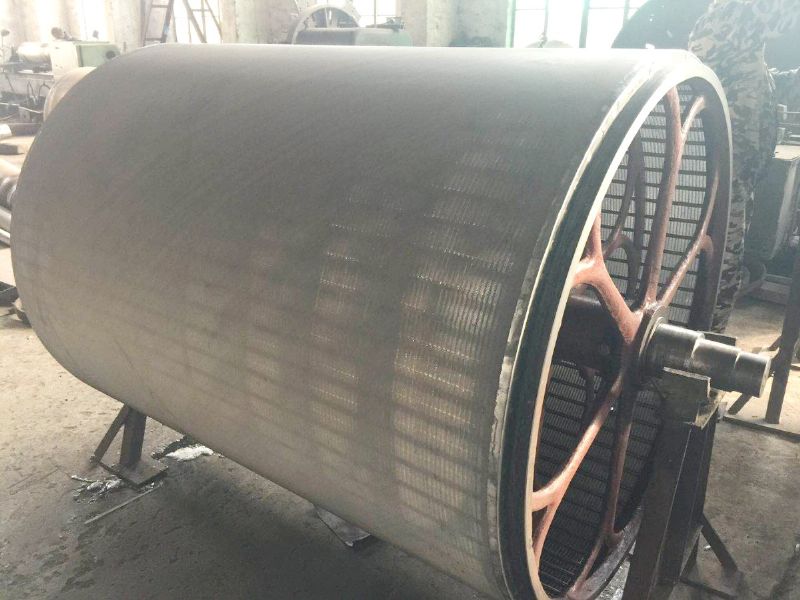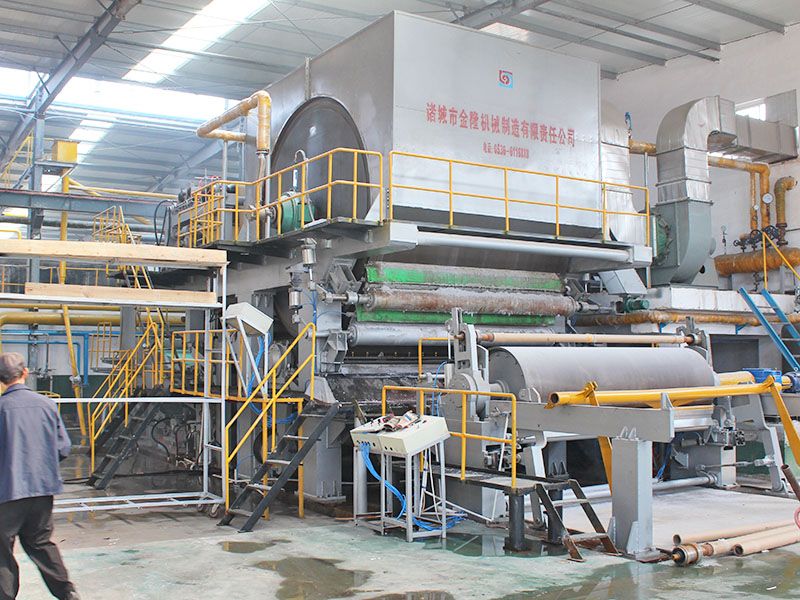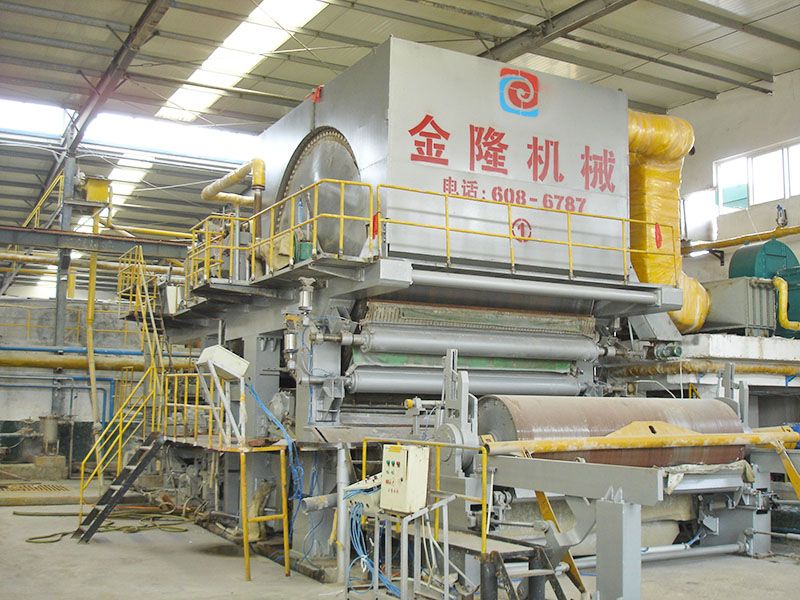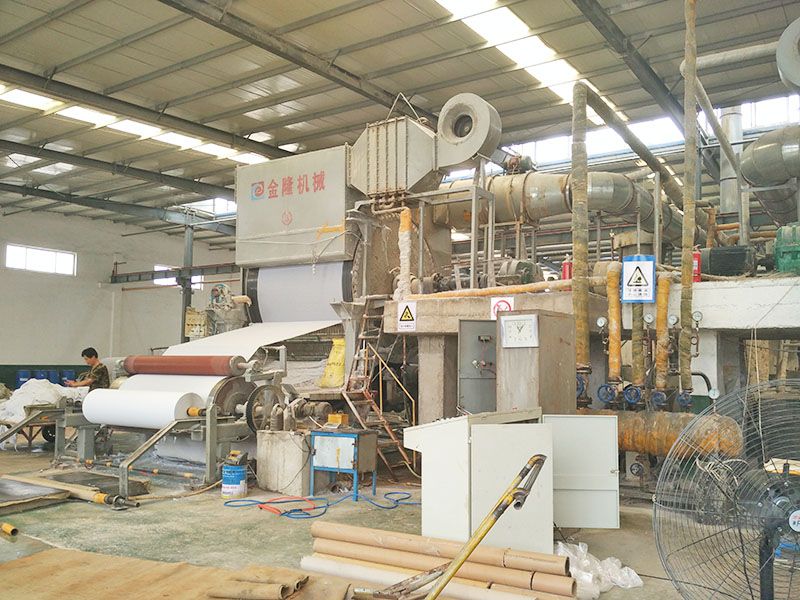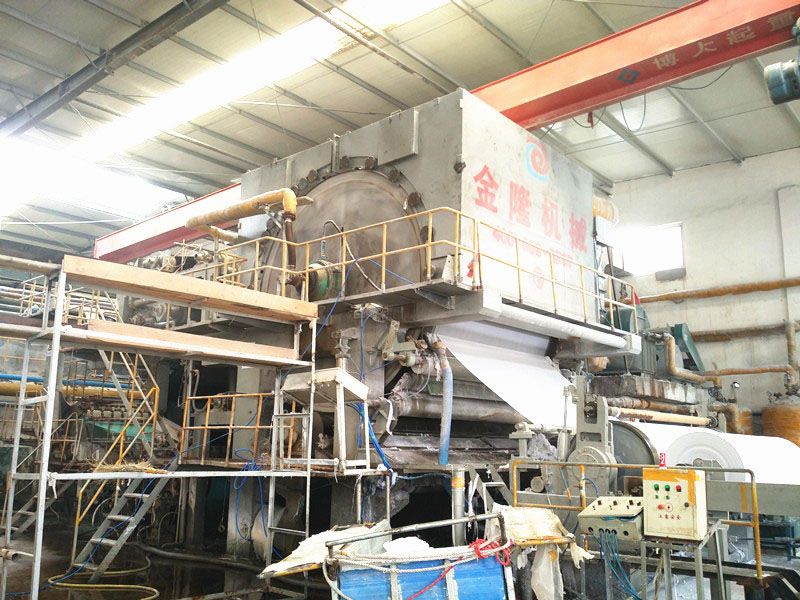ZGS series vertical high consistency water pulper
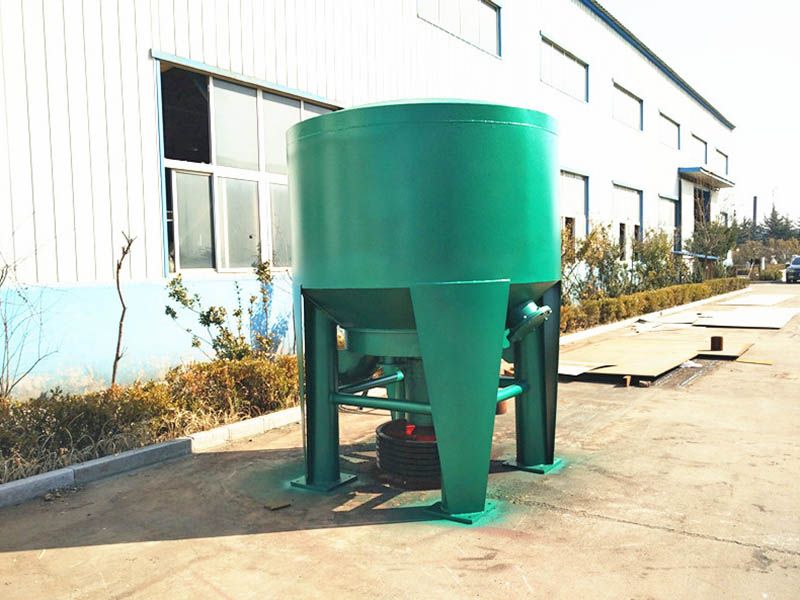
ZGS series vertical high consistency hydraulic pulp pulping machine is designed according to the principle of water conservancy vortex. When the rotor rotates, the high consistency slurry circulates radially, which accelerates the hydration of wastewater. In the process of operation, waste paper is always in a high consistency state of fiber separation, has reached the purpose of recycling. In addition, the rotor blades are oblique helical bodies. No small chips will form, creating favorable conditions for slurry screening. The structure is novel, reasonable and high in pulp concentration. It has the characteristics of energy saving, water saving and small area. It is an ideal waste paper recycling equipment.
Two. Structure and working principle
ZGS Series Vertical High Concentration Hydraulic Pulper is mainly composed of groove, impeller, rotor, sieve plate, column and so on. The main crushing mechanism is impeller and rotor. When the impeller and rotor rotate, the high consistency pulp moves radially. At the same time, the two helical blades on the rotor rotate axially from the side of the groove, which makes the waste paper accelerate the dehydration in the groove. Because the waste pulp is in a high consistency state in the groove, it passes through the impeller and both ends. The helical blades move axially and radially, and the fibers are rubbed together to separate the ink particles from the fibers. As a result, the rotor and the spiral blade have a weak front tangent point and only peel off the light substances (such as plastic film) in the waste paper, no debris will be formed to facilitate the selection of pulp.
Three. Installation instructions
Before leaving the factory, the static balance of impeller, rotor, two spiral blades and great driving pulley was corrected, and running test was carried out. When installing, it is necessary to calibrate the four columns and make the main axis of the device perpendicular to the horizontal plane. At the top of the equipment, more than 1.5cm of space must be left, and the rotor has been disassembled. When the motor is connected to the test machine, the impeller rotates counterclockwise (overlooking). For the sake of safety, it is suggested that the user should first place the inlet of the groove above 80 cm of the operating table and, if it is below 80 cm, add a protective fence around the entrance of the groove. When the equipment works, because of the hydraulic shearing effect, the equipment will shake. It needs to be strengthened with reinforced concrete at 800 cm below the upper mouth of the hydraulic pulper.
Four. Process instructions
When the waste paper (deinking) is crushed in this machine, hot water and deinking agent are used, then the waste paper is put into the machine, and then the waste paper is put into the required concentration after starting operation. The water temperature is generally controlled between 60 and 95 C for the disposal of waste paper such as books, newspapers, pictorials and pictorials. The higher the temperature, the faster the waste paper is broken, and the more power is saved. According to the requirements of deinking process and the variety of waste paper, the appropriate amount of NaOH can also be added. The concentration of broken solution is generally 10-13%, and the water is diluted to 5 - 6% when the pulp is released. The body is equipped with a diluting tube. The water pressure of the tube is generally 1 - 3Kg/cm. The whole time of each tank (refers to the feeding through crushing to discharge) is generally 20-40 minutes depending on the variety of waste paper.
Five. Use and maintenance
It must be used when the equipment is in normal working condition. Iron, stone and wood blocks are strictly prohibited. The packing belt and other sundries are put into the pulp tank. It is not appropriate to put bundled books into the slot. To ensure good sealing, check and add packing packing frequently. Regular replacement of lubricating grease inside the king bearing.





